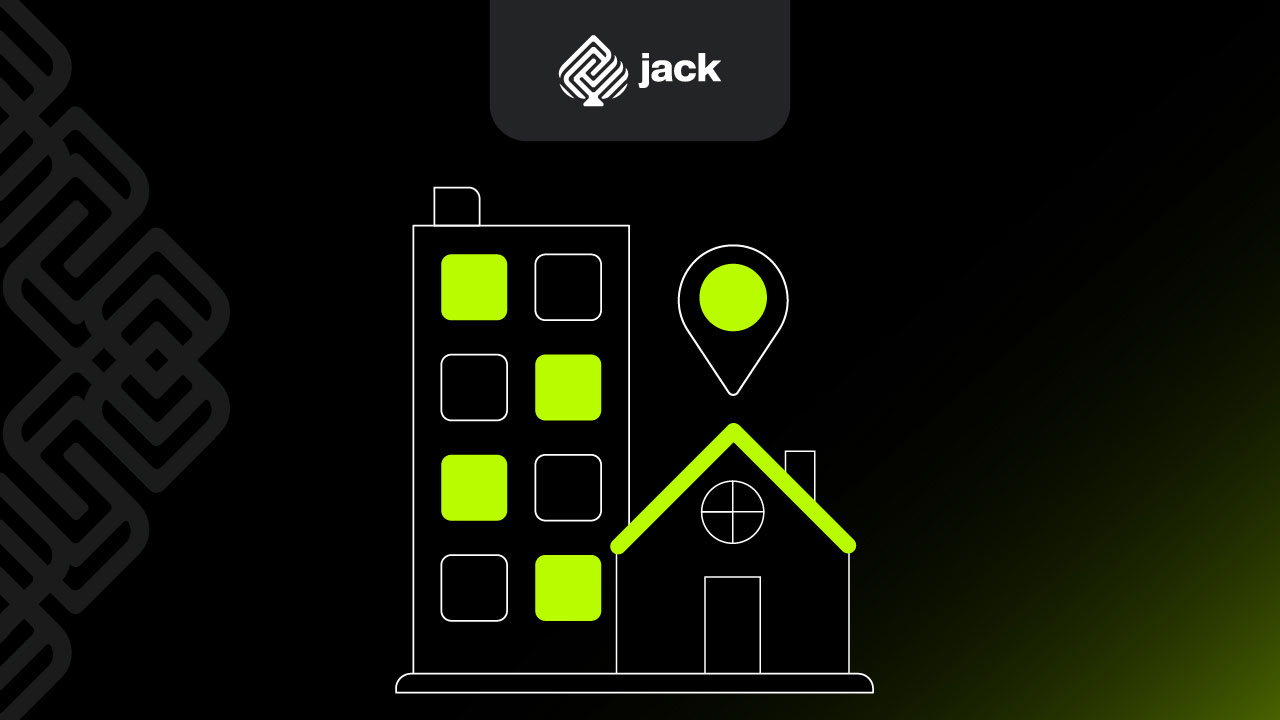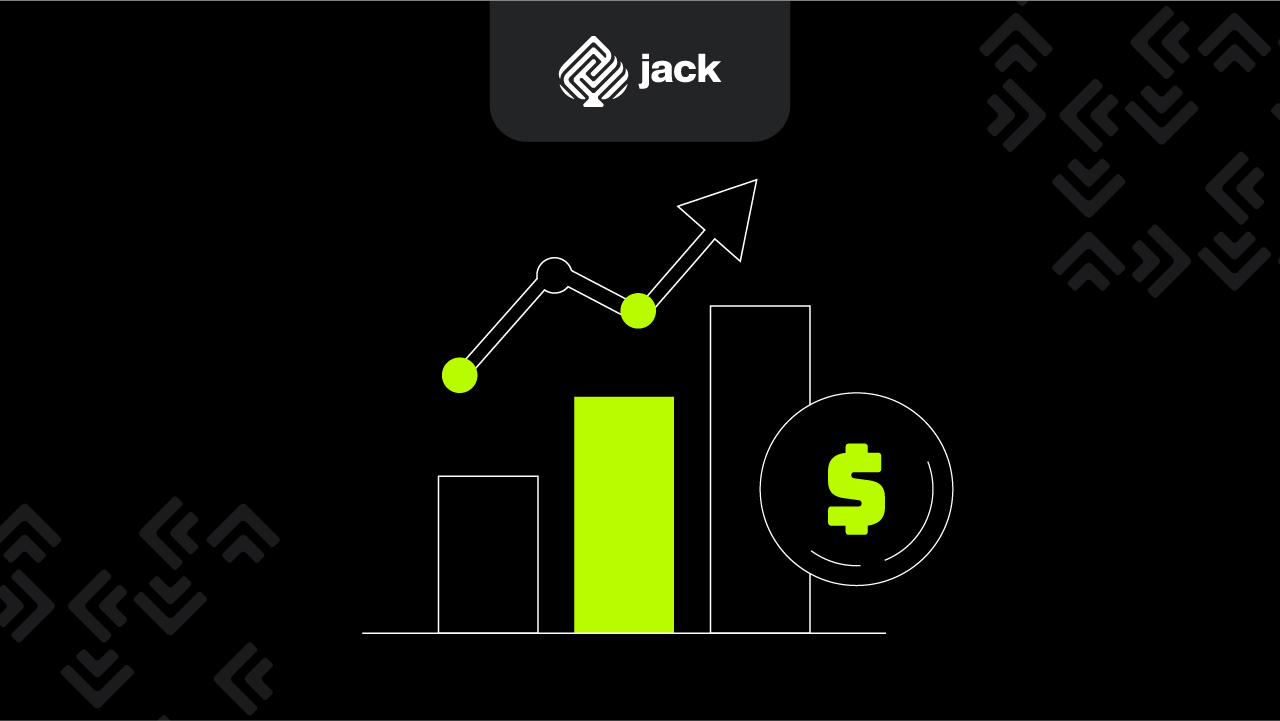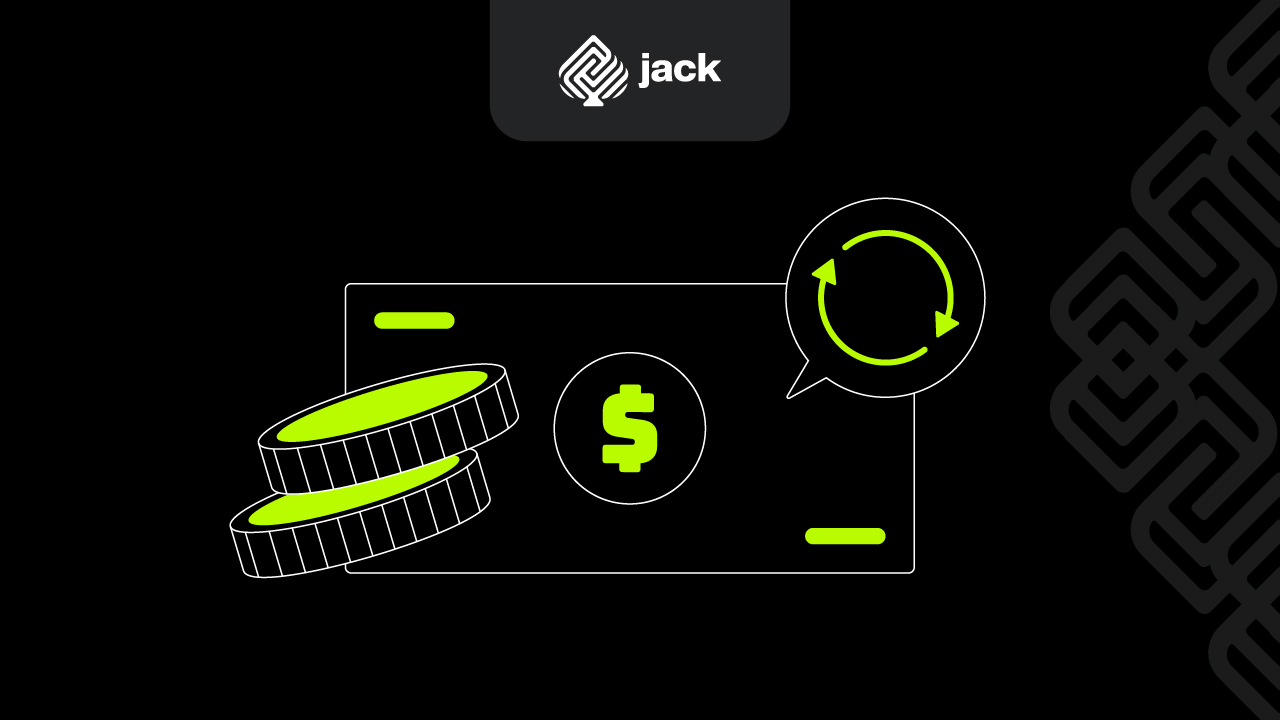In cost accounting, there are many terms to be familiar with, and one of them is related to the term “settlement.” For those unfamiliar with various accounting terms, understanding the meaning and benefits of this term might be challenging. However, for those immersed in the world of finance and accounting, this term is widely used, especially concerning cost-related matters.
See Also Easier, Automatic, and Real-Time Transactions with API Disbursement
This article will provide further information on what settlement means, its definition, and an understanding of the term. Moreover, it will offer insights into its benefits and provide examples. If you’re interested in learning more, continue reading the explanation below.
Definition of Settlement

First and foremost, it’s crucial to understand the definition of the term, especially when it comes to financial accounting. Whether for personal or joint business purposes, engaging in this activity is essential for the financial health of a company or business.
The general definition of settlement is a process to record or report the completion of costs incurred by a business transaction. In this context, a mutual agreement between the buyer and seller is required to confirm that the transaction has been validly executed. The seller receives the funds, and the buyer receives the product, signifying the successful and complete conclusion of the transaction.
Ensuring transparent finances in business is undoubtedly crucial. Therefore, meticulous implementation of this process in managing a business is necessary. In the settlement, the resolution of transaction costs that needs to be paid is recorded. Additionally, information about the purpose of these costs and when they are paid by the concerned party is documented.
Main Benefits of Settlement in Cost Accounting

Certainly, conducting settlement, especially in the financial aspects of a business, is crucial. This is because this activity can bring tangible benefits, especially for the financial well-being of the business. By engaging in this activity, various advantages can be obtained by businesses and companies optimally.
1. Completing Financial Transactions
The primary benefit of settlement is in line with the definition of the term itself. It indicates the resolution of financial transactions. By doing so, payment is declared complete, and funds are officially transferred from the buyer to the seller. This indirectly states that the seller is entitled to the paid funds, and the buyer is entitled to the purchased product.
It is essential to ensure that the transaction is completed successfully and by mutual agreement. This ensures that no party feels disadvantaged in terms of the received goods or the amount of money spent. Recording settlement proves that the transaction has correctly concluded without any obligations from any party. Therefore, this transaction can be recorded as part of the accounting finance of a valid business.
2. Valid Proof of Sales and Purchases
Settlement can also serve as evidence related to a legitimate buying and selling process. In the buying and selling process, there is a seller offering their product, and a buyer paying for the product using a certain amount of funds. This activity can be evidence for both parties that the business transaction has proceeded smoothly and has been settled with the mutual agreement of both parties.
This process provides proof for each party that the business transaction has been concluded successfully without any objections. This includes both objections related to the product received and objections related to the amount of money received.
3. Financial Recordkeeping
The settlement process is useful as a financial record for a business or enterprise. All officially completed transactions are well-recorded. This helps prepare financial reports related to buying and selling, making it easier for business decision-makers.
Engaging in this process aids in simplifying the recording of each transaction in detail. This way, business decision-makers can understand the extent to which their products are needed in the market, bought, and paid for at an appropriate price. Additionally, it helps business owners calculate the income and sales obtained at a given time.
General Examples of Settlement

It is straightforward to find general examples of settlement in daily life, especially when it comes to business transactions. One example is when a fast-food seller transacts with a customer using a debit machine.
In this scenario, the buyer pays a certain amount corresponding to the price indicated on the product using a debit card from the bank. When the debit machine issues a payment receipt, it signifies that the transaction is valid and has been completed.
See Also Corporate Credit Card: Definition, Types, Benefits, and How Cards Work for Startups
Meanwhile, from the buyer’s side, after paying a certain amount, the buyer will receive the ordered fast-food package. When the product is received, and the payment is confirmed as valid and complete, this is what is meant by settlement in financial transactions.
Use Jack for your business needs
That concludes the explanation of settlement, especially in terms of general cost accounting. By reading the above explanation, one can gain an understanding of the meaning of the term and its benefits, as well as examples of how it works. With this information, even those unfamiliar with the accounting world will have some insight into the meaning and significance of the term “settlement” as mentioned earlier.






